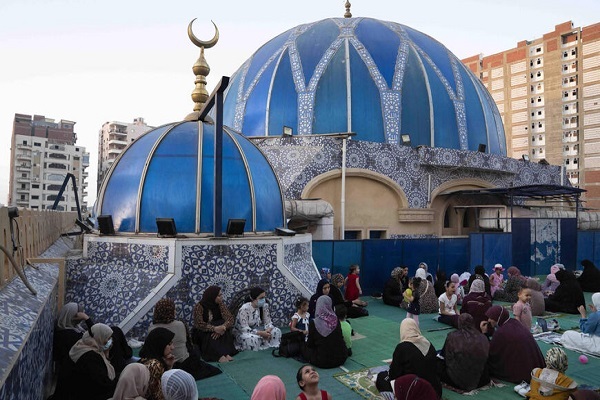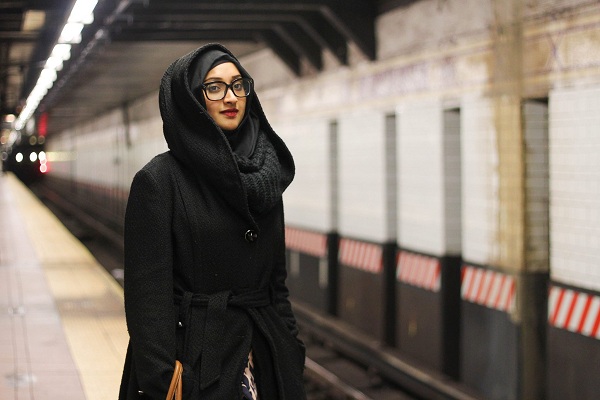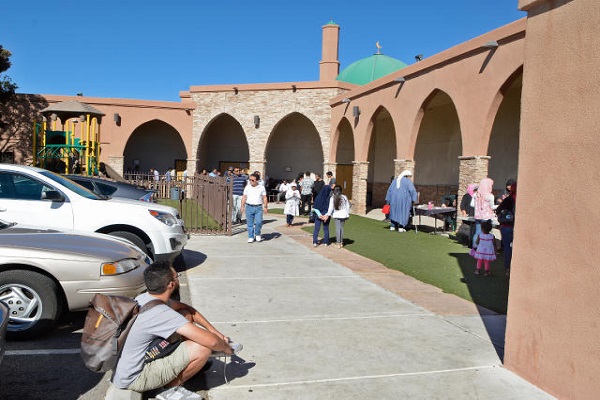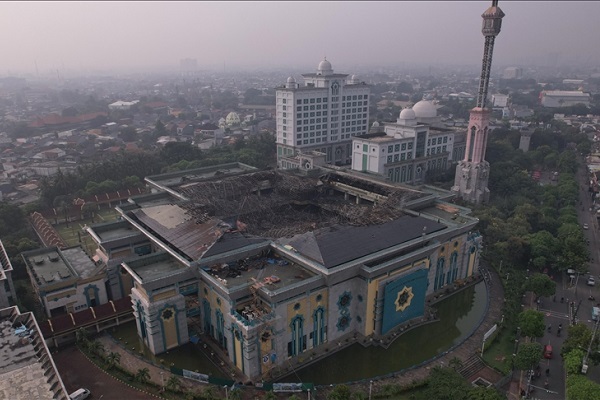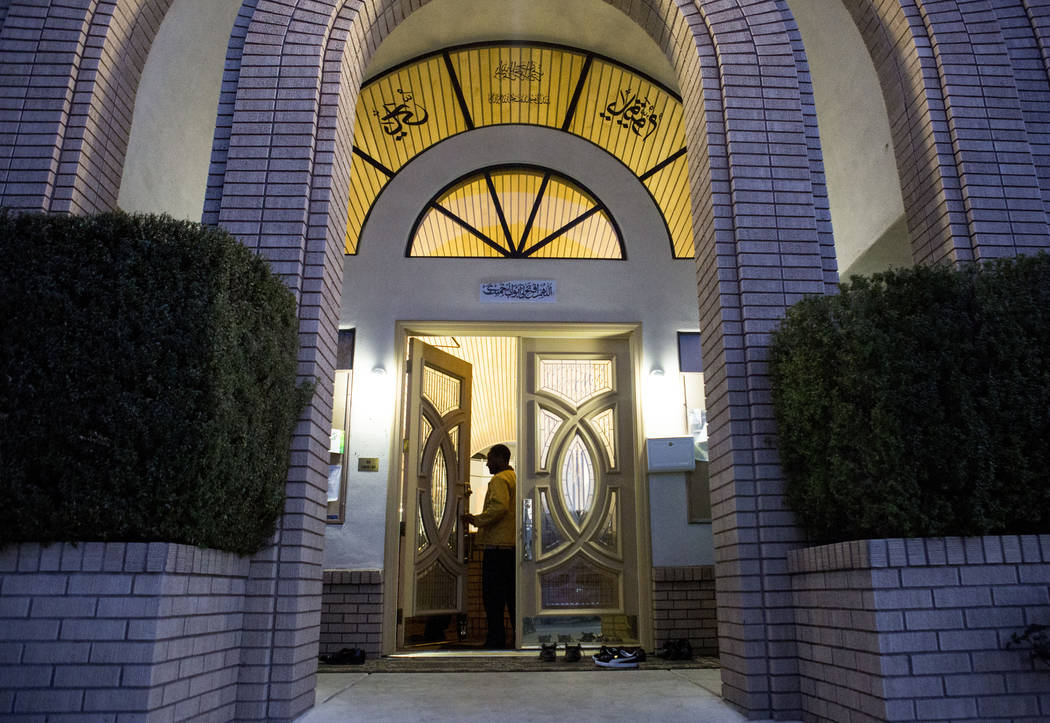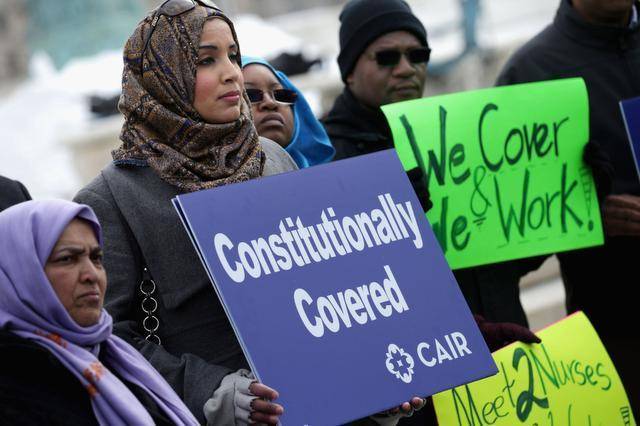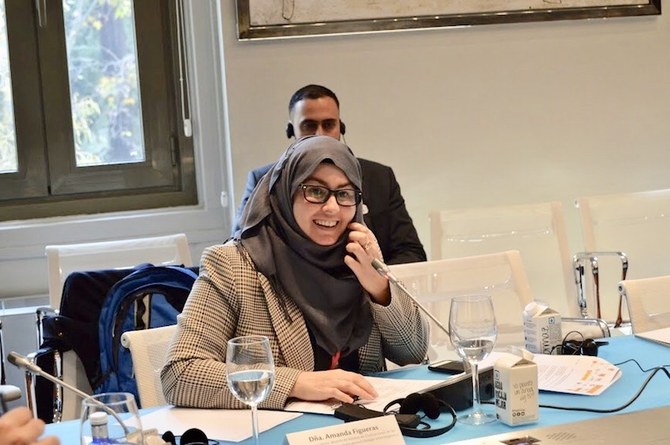According to Rahyafte(the missionaries and converts website) The preacher is present at the mosque on Saturdays between 5 p.m. and 8 p.m.
Nevine Mokhtar is one of four female preachers recently authorized by the government to issue fatwas on women’s affairs.
On May 21, the Ministry of Awqaf (Religious Endowments) launched the first four women fatwa councils — at four different mosques in Cairo — to provide fatwas for women. The ministry plans to launch more councils in different Egyptian governorates.
Before being allowed to take on this role, Mokhtar and her colleagues received specialized training. The four women were among 144 female preachers appointed by the Ministry of Awqaf in 2017. Since then, the ministry has been preparing the female preachers to issue fatwas through organizing intensive courses. Mokhtar and her colleagues were chosen to issue fatwas as they were the top achievers of a test that included knowledge of the Quran, Sunnah (verbally transmitted accounts of the Prophet’s deeds and sayings) and Islamic jurisprudence.
“We have received intensive training since 2017 on how to deal with Islamic texts and issue fatwas in a way that recognizes the time, location, customs and circumstances of individuals. We also passed tests in the Holy Quran, the Sunnah and Islamic jurisprudence to answer women’s questions,” Mokhtar told Al-Monitor.
Mokhtar regards setting up women fatwa councils as a “dream come true.”
“During my three-hour presence in the mosque on the first day of the fatwa council, I had no break. I received many women who were comfortable asking me questions on private matters. More than 100 women attended the first day,” she said.
“Some women may feel too embarrassed to direct questions to male preachers on female-specific affairs. As a result, women may turn to unreliable female preachers for advice. The presence of qualified muftyias [female fatwa issuers] in mosques will eliminate this barrier and help women better understand their religion,” Mokhtar added.
Egyptian women have expressed happiness with this move as it will allow them to communicate directly with a female scholar whom they can discuss private matters with.
“I used to come to the mosque to listen to male preachers, but I was not able to direct questions to them on issues related to women because I felt shy and also because there was a barrier between men and women,” Doaa Ezzat, a housewife, told Al-Monitor. “The situation is different now. I can ask any question to the female preacher regarding my religion without feeling shy. She is a woman like me.”
Ahmed Ragab, director of the Dar El Iftaa’s social networking sites, told Al-Monitor that roughly 75% of the questions they receive daily across Dar El Iftaa’s official website or social media pages come from women.
“At times, women feel shy to ask male preachers certain questions. This is what pushed the Ministry of Awqaf to prepare female preachers over the past five years to issue fatwas,” Ragab said.
Source: Al-Monitor
